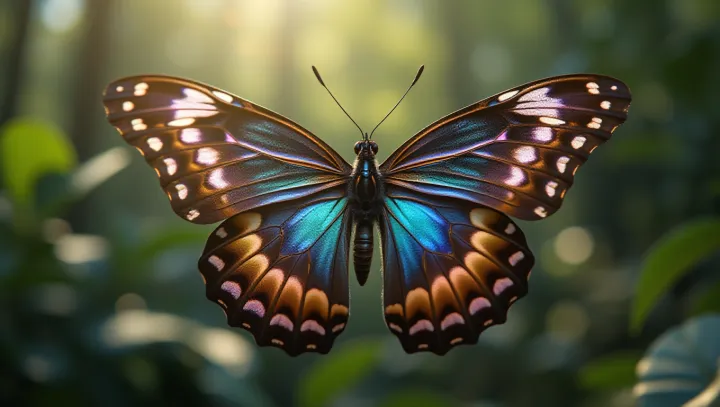Butterfly: Nature's Final Masterpiece

A recent study conducted by entomologists at Cambridge University suggests that the seemingly delicate butterfly represents the apex of insect evolution. Butterflies, renowned for their vibrant colors and intricate wing patterns, are now believed to be the last exquisite manifestation in the long evolutionary journey of insects. This research highlights how butterflies have developed unique adaptations that distinguish them from their insect counterparts.
Their ecological roles, such as pollination and serving as a food source for other species, underscore their importance in maintaining the balance of ecosystems worldwide. Dr. Emily Larsson, lead researcher, noted, 'The evolutionary trajectory of insects displays astounding diversity and adaptation.
However, the butterfly encapsulates an evolutionary zenith due to its complex life cycle and ecological interactions.' The implications of this discovery prompt a greater urgency in conservation efforts. The declining butterfly populations, attributed to habitat loss and climate change, signal a potential loss of biodiversity that could have far-reaching ecological consequences. As environmental awareness grows, the butterfly becomes an emblem of nature's beauty and the fragile intricacies within biological diversity.
This insight not only enhances our understanding of the natural world but also reinforces the interconnectedness of life on Earth.
